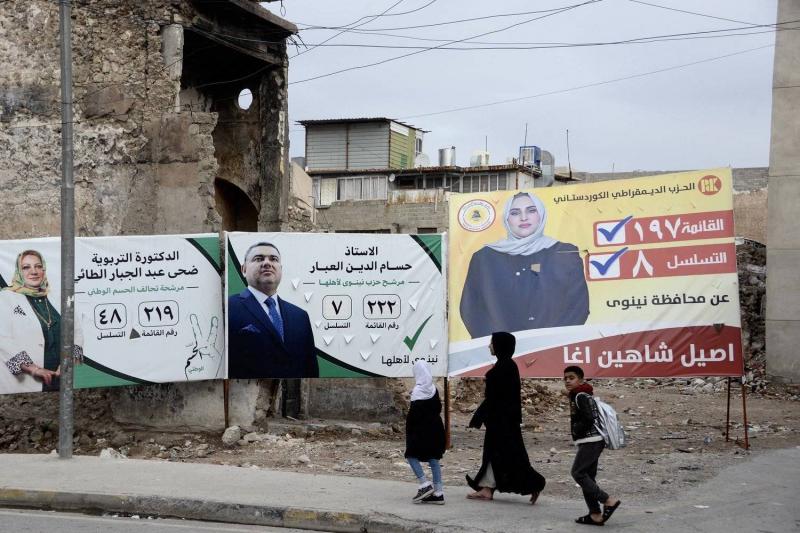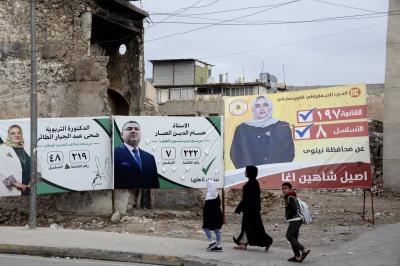The Iraqi provincial council elections in December 2023 resulted in significant gains for sectarian parties that have held power since 2003. Only a few minor victories were achieved by lists opposing the establishment, while opposition parties and independent politicians focused on change managed to win only a handful of scattered seats across the country. The ambitions of the opposition parties and forces aiming to reform the consensus-based system, dominated by clique groups controlling state institutions, were primarily directed towards political reform and addressing the multifaceted crises created by the current political system. Change politicians exploited the wave of anti-establishment enthusiasm following the October 2019 protests to achieve modest success; however, the results were surprising and disappointing in the 2021 parliamentary elections. Their diminished success in the 2023 provincial council elections was also due to several factors, the most significant being working under an electoral law favoring larger parties, electoral boycotts, and other issues highlighted by various reputable research organizations.
Following the setback of the 2023 elections, it is expected that change politicians will objectively reassess their political and electoral strategies in line with society’s highest needs, realistically and practically, in preparation for the upcoming parliamentary elections scheduled for 2025, encompassing groups worthy of this task. Internal conflicts and divisions have frustrated the success of the change project. Additionally, issues such as leadership disputes and mutual corruption allegations have undermined the credibility of change politicians. Some analysts claim that these problems, along with poor provincial election results, herald the end of change politicians. However, the reality is more nuanced. While change politicians remain marginal in the broader Iraqi political scene, or have fallen out, they have certainly not vanished. Their long-term success or failure is far from predetermined and cannot be dismissed based on a single election's results.
Between August 2022 and April 2024, the on-ground reality in Iraq indicates that the December elections produced four main perspectives on the paths of reform and change forces, and what is referred to as the "emerging democratic politics" in Iraq. Firstly, the shortcomings in the nature of change parties, such as a lack of developed political ideologies and the absence of unique leadership, are almost inherent in nearly all Iraqi political parties. Secondly, change politicians suffer from a failure to evolve and grow, lacking a coherent intellectual framework and selective discourse necessary for any form of political alliance, including democratic change forces and the civic electoral values alliance. Such defects not only jeopardize the politicians but also prevent any movement from being relevant to the broader development of the Iraqi political system.
Thirdly, if change politicians hope to win more votes, they will need to, among other steps, reconsider their voter support base and recalibrate their electoral machinery. The fourth and final perspective is that the dominant political elite controlling power and state institutions generally stands as a significant obstacle to change politicians in Iraq due to its unique financial and military capabilities. This represents a critical challenge faced by change forces in determining their future path.
Building movements takes years, if not decades, and the process towards sustainable democracy is not straightforward. Declaring the end of change politicians would be a short-sighted view, particularly in Iraq, a country that has not and will not become a "democracy" as long as the struggle for "power, plunder, and spoils" prevails over the establishment of a citizenship-based state!




